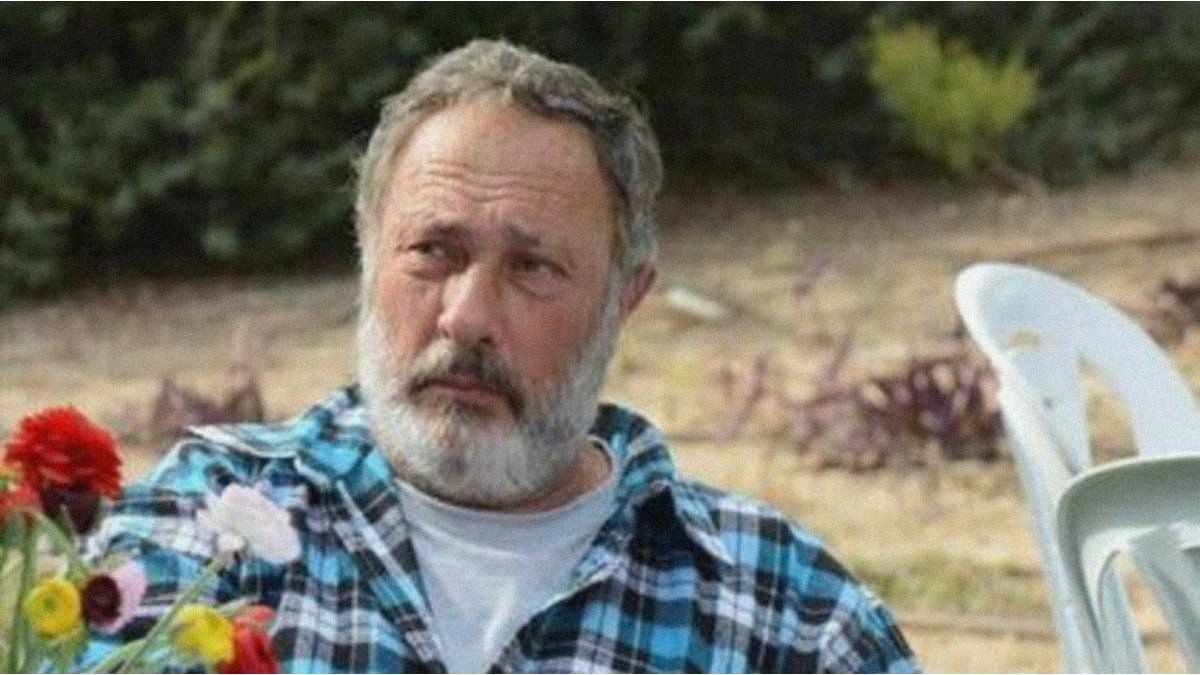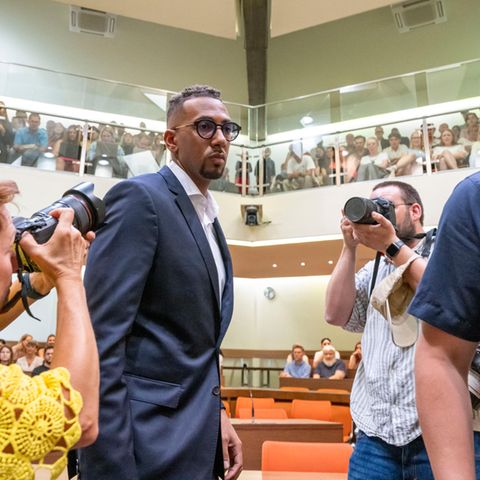The President is seeking a new five-year term, but for the first time he faces a united opposition in the figure of Kemal Kiliçdaroglu, candidate of a six-party alliance ranging from the nationalist right to the democratic left, and led by the Republican Party of the People (CHP, Social Democrat).
The dispute is not only about names, but about two very different models: Erdogan advanced with an Islamist approach, the largest religion in a secular country, a conservative style and an autocratic practice, which had its greatest expression in the modification of a parliamentary system. to a hyper-presidentialist one, which gave the current leader part of the powers that Congress previously had.
This view, historically linked to the era of the Ottoman Empire, was also reflected in issues ranging from attacks on sexual diversities, the country’s withdrawal from the Istanbul Convention against gender violence or the conversion of the historic church of Hagia Sophia in Istanbul, which since 1934 was a museum.
On the contrary, Kiliçdaroglu represents a secular vision, with an idea of restoring rights and freedoms linked to the origins of his party, created exactly 100 years ago by the father of modern Turkey who put an end to the Ottoman Empire, Mustafa Kemal Atatürk.
“The stakes are high. A victory for Erdogan will basically consolidate his presidential system and it will be very difficult for the opposition forces to seek a change of government in the near future. Therefore, these elections are going to be crucial in terms of whether this authoritarian system is going to consolidate or not,” he told Télam Berk Esen, a professor of Political Science at Sabanci University in Istanbul.
“If the opposition wins, we are going to experience democratization and significant political change. The opposition bases its campaign on hope, trying to send a very positive message to voters that things will improve if they win, while the government is carrying out carry out a campaign that is based on fear, on the idea that everything that was achieved can be destroyed and that the members of the opposition are aligned with different terrorist groups,” countered the academic.
The ruling Justice and Development Party (AKP) accuses its rivals of collusion with the Kurdistan Workers’ Party, one of the groups that represents the Kurdish minority and is considered “terrorist” by the Turkish government, in addition to denigrating their ties to the West, and presenting them as “pro-LGBT” who want to “destroy the family”.
Beyond these issues, macroeconomics is the great issue of the campaign in the face of high inflation (the annual rate exceeded 85% in October, the highest in a quarter of a century) that is not accompanied by an improvement in purchasing power, a situation that affects above all young people who mainly lean their vote for a change in the Executive.
This is a group that represents about 8% of the standard that has always lived in a Turkey led by Erdogan, who in these two decades in power, first as prime minister and then as president, had a wave of large demonstrations in 2013. and a failed coup in 2016 that ended with tens of thousands of arrests.
A question mark in the elections is the impact of the February 6 earthquake, which left more than 50,000 dead and an unknown number missing in the south of the country. The survivors, who claim that help arrived late, are scattered in other areas or live under tents.
Another unknown is whether the heterogeneous opposition, which brings together conservatives, progressives, nationalists, leftists and defenders of the Kurdish minority united under the slogan of removing Erdogan from power, will be able to settle their differences if they reach the Executive.
The polls show that this is a very possible scenario, in the context of close elections: Kiliçdaroglu would obtain 48.6% and Erdogan 45.9%, according to the Istanbul Economics consultancy, which would lead to a second round be held on May 28 as there is no candidate who reaches half plus one of the votes.
But on Thursday, Muharrem Ince, a candidate who according to the latest polls had between 2% and 4% of the vote, dropped out of the race and this would benefit Kiliçdaroglu.
Ince was the CHP’s presidential candidate in 2018 and came in second behind Erdogan, so it is estimated that most of those votes will now go to the new party and opposition leader.
“This is news that boosts the opposition’s chances of winning,” Murat Somer, a professor of political science at Istanbul Koç University, said in a talk organized by the Washington-based Middle East Institute.
Faced with concerns about the fairness of tomorrow’s vote in the current political context, Somer said that in Turkey “there is a long legacy of competitive elections. Governments have to win them to stay and if they lose, they just leave. It is an established norm “, he stated and recalled that despite the autocratic regime, Erdogan “had to win elections to remain in power.”
Beyond the local impact, the elections are also viewed with interest abroad due to the weight of Turkey’s foreign policy: a G20 country, a NATO member, a mediator between Ukraine and Russia on issues such as the agreement to export the grains blocked by the war and great help from Azerbaijan in the territorial dispute with Armenia.
In addition, in a tightrope walker strategy to prioritize his own interests, Erdogan managed to maintain ties with the United States without abandoning his closeness to the Kremlin, while at the same time advancing his military intervention in Syria against the Kurdish militias that were backed by the White House. to defeat the Islamic State (IS).
Likewise, always maintaining a disruptive behavior with respect to Western powers, it became a key ally of the European Union (EU) by stopping the influx of migrants from Syria, Afghanistan and Iraq during the 2015 crisis in exchange for a large sum of money.
“If Erdogan wins, foreign policy will be more or less the same. But if Kiliçdaroglu wins, we’re going to see some interesting changes in form and style. It’s probably going to leave a lot more room for Turkish diplomats and career Ministry officials. of Foreign Affairs. He will not get into angry disputes with other world leaders, particularly Western ones, and will stop trying to use foreign policy crises for domestic purposes,” Esen said.
“So in terms of form and style we’re going to see less fighting, confrontation and escalation. It’s not necessarily going to revise the position significantly, but I think even those changes will be quite significant. It will act more within the NATO positioning and try to resume accession negotiations with the EU and act in a more pro-Western way,” he concluded.
Source: Ambito




